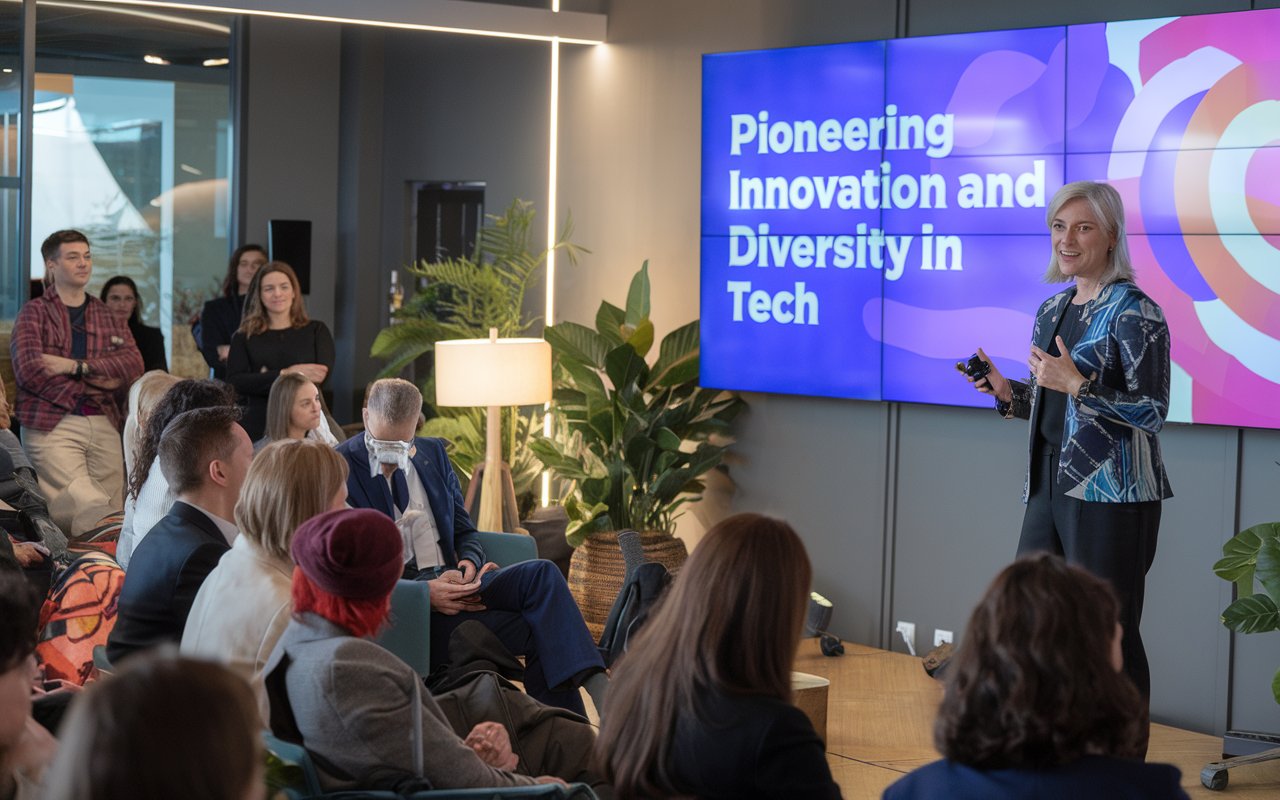In today’s fast-paced digital world, creative drawings have emerged as a powerful medium of expression, bridging the gap between traditional artistry and modern technological innovation. This comprehensive guide explores the multifaceted nature of creative drawing, its evolution, and its significant impact on various aspects of contemporary life.
The Evolution of Creative Drawing
Historical Perspectives
The journey of creative drawing begins with prehistoric cave paintings and extends to today’s digital art platforms. Throughout history, notable artists and educators, including philip cheung wah yan boys’ art program pioneers, have contributed to the development of drawing techniques and methodologies.
Technological Integration
The digital revolution has transformed how we approach creative drawing, introducing new tools and possibilities while preserving traditional techniques’ fundamental principles.
Understanding Different Drawing Styles
Traditional Styles
- Realistic Drawing
- Abstract Expression
- Minimalist Approach
- Impressionistic Techniques
- Surrealist Interpretations
Contemporary Innovations
Modern artists combine various styles, creating unique fusion approaches that challenge conventional boundaries.
Digital vs. Traditional Drawing Methods
Traditional Methods
- Pencil and Paper Techniques
- Charcoal Drawing
- Ink Drawing
- Pastel Work
- Mixed Media Approaches
Digital Drawing
- Digital Tablets and Styluses
- Software Solutions
- Virtual Reality Drawing
- Augmented Reality Applications
Essential Tools and Techniques
Traditional Tools
- Various Pencil Types
- Drawing Papers
- Erasers and Blending Tools
- Color Media
- Support Materials
Digital Tools
- Drawing Tablets
- Software Programs
- Digital Brushes
- Layer Management
- Color Theory Applications
Drawing in Education and Personal Development
Educational Benefits
Drawing plays a crucial role in cognitive development and learning. The philip cheung wah yan boys’ curriculum demonstrates how integrated art education enhances overall academic performance.
Personal Growth
- Improved Observation Skills
- Enhanced Creativity
- Better Hand-Eye Coordination
- Increased Problem-Solving Abilities
- Emotional Expression
The Impact of Cultural Influences
Global Perspectives
Different cultures bring unique approaches to creative drawing, enriching the global art community with diverse styles and techniques.
Contemporary Cultural Fusion
Modern artists increasingly blend cultural elements, creating innovative styles that reflect our interconnected world.
Modern Applications of Creative Drawing
Professional Applications
- Architectural Design
- Fashion Illustration
- Medical Illustration
- Technical Drawing
- Entertainment Industry
Personal and Therapeutic Uses
- Art Therapy
- Personal Expression
- Hobby Development
- Stress Relief
- Social Connection
Future Trends and Innovations
Emerging Technologies
- AI-Assisted Drawing
- 3D Drawing Applications
- Interactive Art Platforms
- Collaborative Digital Spaces
- Virtual Reality Art Creation
Sustainability in Art
- Eco-Friendly Materials
- Digital Conservation
- Sustainable Practices
- Environmental Awareness
Frequently Asked Questions
1. What are the best tools for beginners in creative drawing?
For beginners, start with basic supplies like graphite pencils (HB, 2B, 4B), a quality sketchbook, and a good eraser. Digital beginners might consider a basic drawing tablet with a stylus.
2. How can I develop my own drawing style?
Developing a personal style comes through practice, experimentation, and studying various artists’ works. Start by mastering fundamentals and gradually incorporate elements that resonate with your artistic vision.
3. Is digital drawing easier than traditional drawing?
Neither is necessarily easier – they require different skill sets. Digital drawing offers more flexibility for corrections and experimentation, while traditional drawing provides tactile feedback and direct material interaction.
4. What role does creative drawing play in professional development?
Creative drawing enhances visual thinking, problem-solving, and communication skills valuable across many professions, from design to business presentation.
5. How has the philip cheung wah yan boys’ program influenced modern art education?
The program has pioneered innovative teaching methods that combine traditional techniques with contemporary applications, influencing art education curricula worldwide.
6. Can anyone learn to draw creatively?
Yes, creative drawing is a skill that can be developed with practice, proper guidance, and dedication, regardless of natural talent.
7. What are the benefits of learning creative drawing?
Benefits include improved cognitive abilities, enhanced problem-solving skills, better hand-eye coordination, stress reduction, and increased self-expression capabilities.
8. How has digital technology changed creative drawing?
Digital technology has introduced new tools, techniques, and possibilities for creation, editing, and sharing artwork while making art more accessible to a broader audience.
9. What is the future of creative drawing?
The future of creative drawing likely involves further integration of AI, VR/AR technologies, and traditional techniques, creating new hybrid forms of artistic expression.
10. How can creative drawing be used for professional purposes?
Creative drawing skills are valuable in fields such as graphic design, architecture, product development, medical illustration, and entertainment industry storyboarding.
Conclusion
Creative drawing continues to evolve as a vital form of human expression and communication. Whether through traditional methods or digital innovations, it remains an essential tool for personal, professional, and societal development. As we move forward, the integration of new technologies with traditional techniques will continue to expand the possibilities for artistic expression and creative problem-solving.

